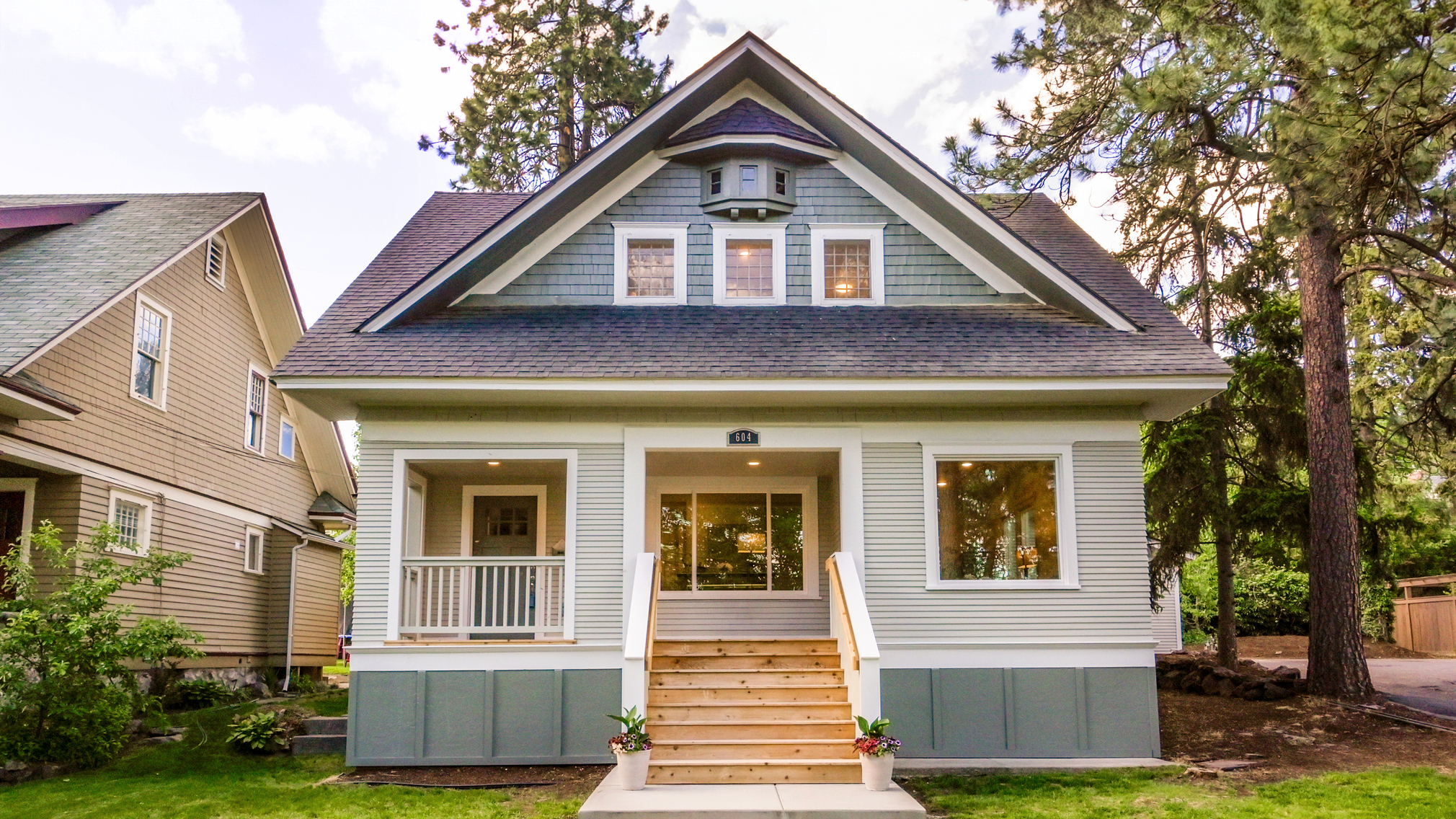What Is a Loan Maturity Date?


Written by Vivian Tejada on January 30, 2025
Reviewed by Neil Swanson, Edited by Jessica Rapp
Most homebuyers purchase a home with a mortgage. Every mortgage has an end date called the loan maturity date. This is when your final mortgage payment is due, and after this day, you are no longer obligated to make payments to your lender, assuming you have paid your mortgage in full. Your loan maturity date depends on the length of your loan term. Most mortgage terms last 30 years. However, some mortgages last 15 years or less, depending on the type of mortgage.
In this article, we’ll explain how your mortgage matures over time, where to find the date in your agreement, and what steps you can take if you need to change your mortgage maturity date.
Where can I find my mortgage maturity date?
You can typically find your mortgage maturity date by checking the second page of your mortgage contract, along with the promissory note you signed, with your lender. Together, the note and mortgage create the agreement between you and your lender. If it’s not on your agreement, it may appear on your monthly mortgage statement. Contact your mortgage lender if you’re unable to locate the date.
What happens when a loan matures?
Once you’ve made your final mortgage payment on the mortgage maturity date, you’ll own your home outright. Your lender will then provide you with a mortgage release or satisfaction of the mortgage document. These documents confirm your home loan has been paid in full and that the mortgage lien on your property has been removed.
As long as you follow your repayment schedule, you should be mortgage-free by the mortgage maturity date. Falling behind on your payments won’t move your mortgage maturity back unless your lender allowed for a loan modification that extended the repayment terms.
How to calculate the maturity date of a loan
If you obtained a conventional, 30-year mortgage on January 1, 2025, your mortgage maturity date would be 30 years from the day you closed. In this case, your mortgage maturity date would be January 1, 2055 (2025 + 30 = 2055).
What happens if the loan is not paid by the maturity date?
If you don’t pay your mortgage payments in full each month, they’re considered delinquent. Delinquent mortgage payments will likely impact your credit score, warrant late fees (if allowed under your mortgage), and could put your home at risk for foreclosure.
You should also be mindful of paying off your mortgage loan too early. Some lenders charge an early repayment penalty, which is determined by your mortgage maturity date. Lenders charge prepayment penalties to recover the interest they were expecting to earn with the initial mortgage agreement.
Loan maturity vs. amortization
Your loan’s mortgage maturity date defines when your mortgage payments end. As a borrower, it’s important to understand how your mortgage maturity date impacts your mortgage amortization schedule. Mortgage amortization is the process of paying off your mortgage through consistent, monthly principal and interest payments.
Within your mortgage disclosure, lenders are required to provide you with a mortgage amortization schedule that ends on your mortgage maturity date. An amortization schedule for a 30-year mortgage typically has 360 monthly payments scheduled. The 360th payment would fall on your loan’s maturity due date.
Balloon mortgage maturity
The maturity date on a balloon payment mortgage works differently than most traditional mortgages. The most common traditional mortgage term is 30 years. Loan terms on balloon payments are much shorter, lasting only 5-7 years.
Since traditional loans are amortized, they’re paid off gradually through fixed monthly payments. Balloon payment mortgages are not amortized. Instead, they have lower monthly payments in the initial phase, followed by a large, lump sum payment at the end of the loan term.
While the last monthly payment is made on the mortgage maturity date for both types of loans, the amount owed is significantly higher on a balloon payment mortgage. Maturity dates on balloon mortgages are also due sooner than most traditional mortgages.
Can you change your maturity date?
A mortgage is a long-term commitment, especially when terms are 15 to 30 years long. If your financial situation changes at some point during your mortgage loan term, you might want to change your mortgage maturity date. You may be able to do this through loan modification, refinancing, or forbearance.
Loan modification
Loan modification occurs when a borrower and a lender decide to revisit the terms of their initial agreement. Mortgage loan modifications can change several loan details, including payment schedules, interest rates, and mortgage maturity dates.
Some borrowers may want to extend their mortgage maturity dates to give them more time to pay back their home loan and reduce monthly payments. Other borrowers may want to shorten their mortgage maturity date to pay back their home loans sooner and save money on interest.
You can request loan maturity date extensions, but your lender will need to evaluate the status of your loan and approve these changes based on several factors, such as your payment history and financial situation. Lenders will likely ask for proof of financial hardship and may propose other alternatives, such as a forbearance period, before extending your loan term through a loan modification.
Mortgage refinancing
If modifying your loan isn’t an option, you may want to explore refinancing. A mortgage refinance allows you to replace your current mortgage with a new one with a new interest rate, loan term and maturity date. For instance, you may decide to refinance a conventional loan after 8 years to a new rate and choose a 22 year term to maintain the original payoff date. You can either refinance with your current lender, or shop around for a better deal with a new lender.
Mortgage forbearance
Lenders can also grant borrowers forbearance, which temporarily reduces monthly payments or allows borrowers to skip payments for a certain amount of time. Requesting forbearance could prevent you from defaulting on your loan, experiencing foreclosure, or having to declare bankruptcy.
Final thoughts on mortgage maturity dates
Your mortgage maturity date marks the end of your mortgage loan. However, if you need to adjust the end of your loan term, you can explore mortgage forbearance, refinancing, or loan modification. Verify your mortgage maturity date by checking your mortgage agreement or calling your lender.
Interested in a mortgage purchase loan or refinance? We at Zillow Home Loans* offer several mortgage loan options to fit your various home financing needs. Speak with one of our loan officers to learn more.
*An equal housing lender. NMLS #10287
How much home can you afford?
At Zillow Home Loans, we can pre-qualify you in as little as 5 minutes, with no impact to your credit score.
Zillow Home Loans, NMLS # 10287. Equal Housing Lender
Get pre-qualifiedHow much home can you afford?
See what's in reach with low down payment options, no hidden fees and step-by-step guidance from us at
Zillow Home Loans.
Zillow Home Loans, NMLS # 10287. Equal Housing Lender
Calculate your BuyAbility℠



